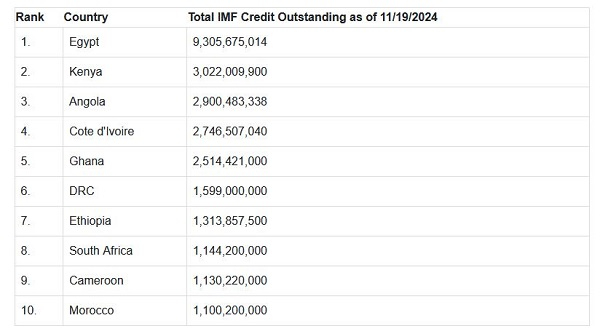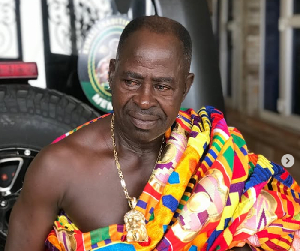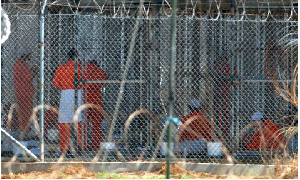Several African countries have grown extremely acquainted with the International Monetary Fund (IMF), as they seek to patch the holes in their economies.
When African nations acquire significant debt with the IMF, they are frequently forced to adopt restrictive economic reforms known as Structural Adjustment Programs (SAPs).
As a result, the role of the International Monetary Fund (IMF) in Africa has long been controversial, begging the question of whether it is more harmful than beneficial to procure loans from the global financier.
Even while the IMF provides financial assistance to nations going through economic turmoil, the huge debts that many African nations owe the institution have become a source of worry.
Although these loans are intended to stabilize economies, they usually result in several issues that might obstruct development and weaken the economy.
Furthermore, high IMF debt levels often create a vicious cycle of borrowing and repaying.
Servicing these loans frequently diverts considerable amounts of government cash from productive investments to debt repayment.
Consequently, this could lead to limited fiscal space to respond to external shocks such as commodity price fluctuations, natural disasters, or global financial crises.
Without the ability to allocate funds to cushion such blows, they become increasingly vulnerable, exacerbating economic hardships.
With that said, here are the 10 African countries with the highest total IMF credit outstanding at the end of 2024.
This list was last updated on the 23rd of December, 2024.
Since the last time this list was updated, Ghana now ranks one spot below Cote d'Ivoire, while Sengal has gotten off the top 10 list in place of Morocco.

Watch the latest edition of BizTech below:
Click here to follow the GhanaWeb Business WhatsApp channel
Click to view details



Business News of Sunday, 29 December 2024
Source: africa.businessinsider.com

















